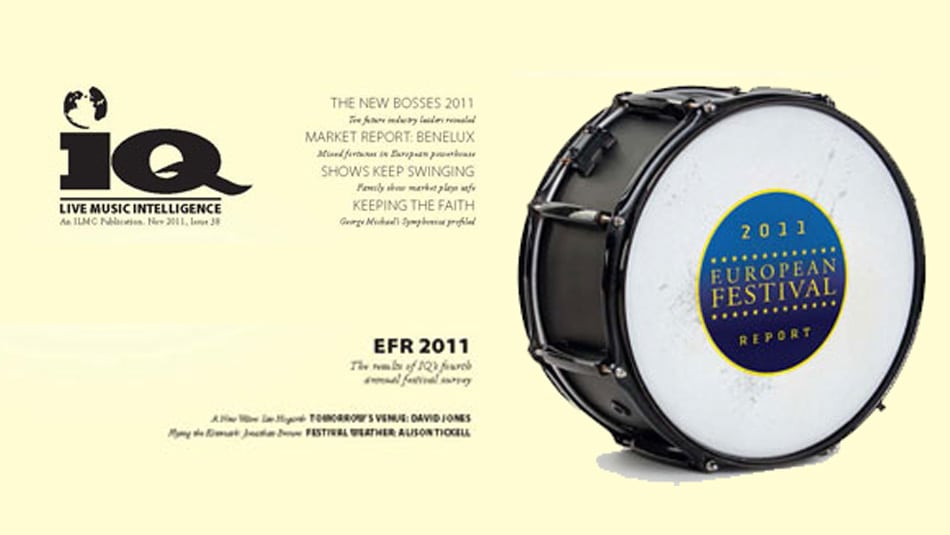As we noted in our 2020 event trend roundup, event sustainability will continue to have a bigger influence in how events are organized and promoted in the coming years. A core reason behind this trend millennial and Gen Z attitudes and responses to businesses that take stances on broad issues. Below, we take a look at some of the data behind why focusing on sustainability may be good for the festival business.
Millennial Spending Habits vs. Company Stances
Recent studies consistently show that millennials spending habits are heavily influenced by companies they consider to have strong moral compasses. Forbes reported that 73% of millennials are likely to spend more with “sustainable brands”, while 81% expect companies to make “public commitment[s] to good corporate citizenship”.
Regardless of what you think about the sanctity of festivals and gigs from this kind of trend, a study found that these spending habits translate to festivals and that fans may be looking at shows as a means of making political statements.
“Millennials,” the study reports, “treat live events as a form of self-expression [and] self-improvement.” According to the research, 69% of attendees regard gigs and festivals as “the best way to show other people what they stand for,” and 78% are more likely to attend a festival featuring artists who are “affecting positive change through their music”.
2019: Year of The “Woke” Brands
2019 saw numerous brands take specific social stances in their marketing and external communications. While on first impressions many of these moves have been controversial, they have also translated into real revenue gains, with some large brands like Nike seeing as much as a 31% increase in sales.
According to the aforementioned study, 79% of millennials feel that coming to events make them feel “more connected to other people, the community, and the world”, which is up 10% from three years ago. Another impressive statistic is that 57% of millennials revealed that “engaging with a political cause online has encouraged them to take action offline”.
The study also found that your audience does not consider partisanship or political allegiance essential for creating social impact. So you don’t need to dive head-first into booking speeches form politicians, like Glastonbury did with Jeremy Corbyn in 2017.
Taking a Stance Without Burning Bridges
There are plenty of ways to make statements without alienating people. You can donate a portion of ticket sales to a charity, make your event more environmentally friendly, or simply express a sentiment of openness, which is what EDC did in 2017 with its “All Are Welcome Here” message.
Indeed, Dutch electronic music festival DGTL has made sustainability a core element of its ethos over the past years, and generated positive publicity from going completely meat-free, citing the devastating impact that the meat industry has on the environment.
But in their press outreach, they were careful not to look like they were forcing lifestyle choices on anyone, instead insisting they were informing “people about the drastic effects that our daily meat consumption has on our environment.”
For more examples of event brands taking a stance about issues, check out our roundup of 7 festivals taking an eco-friendly approach.
Getting behind political candidates or polarizing social subjects can be difficult, and the risk of backfiring and upsetting sections of your audience is not something to be taken lightly. But some of the aforementioned causes and stances are simple, low risk, high impact ways of showing your audience that you are using their support to make the world a better place, beyond simply improving the vibe of the event.

